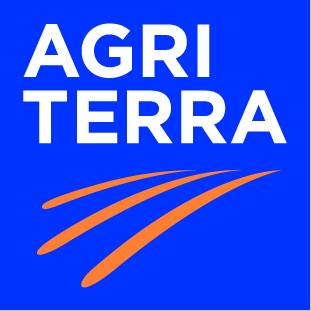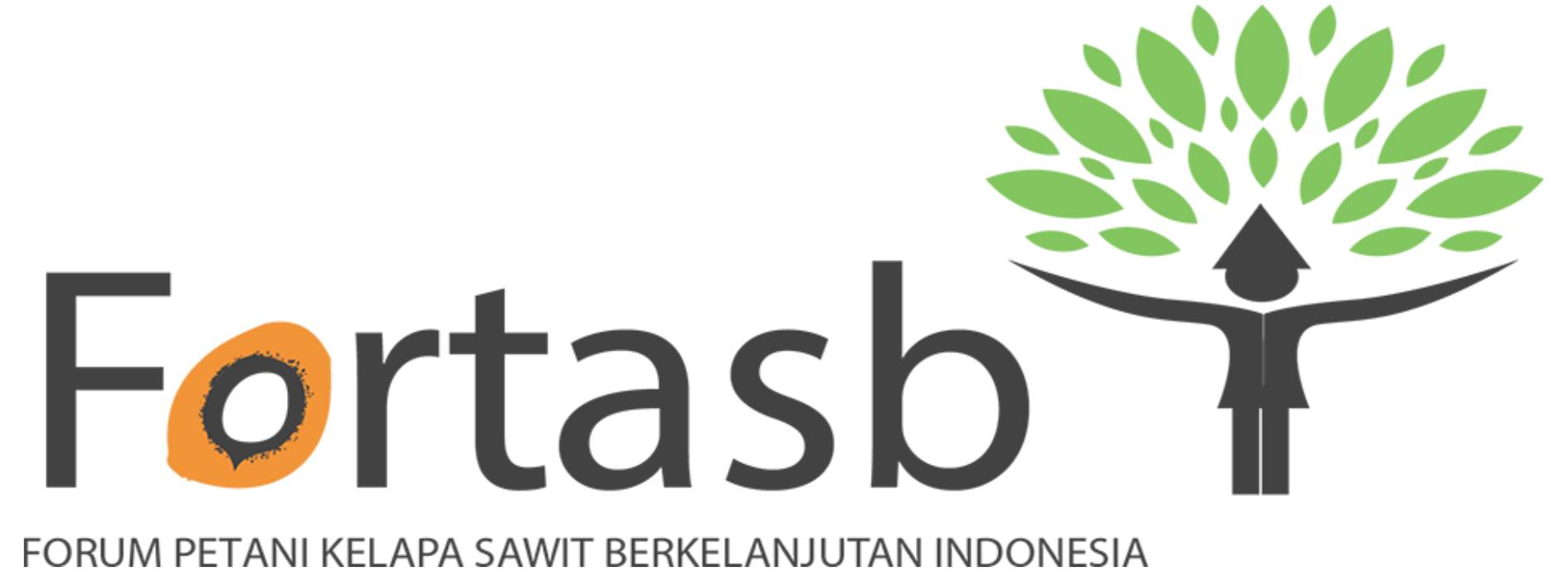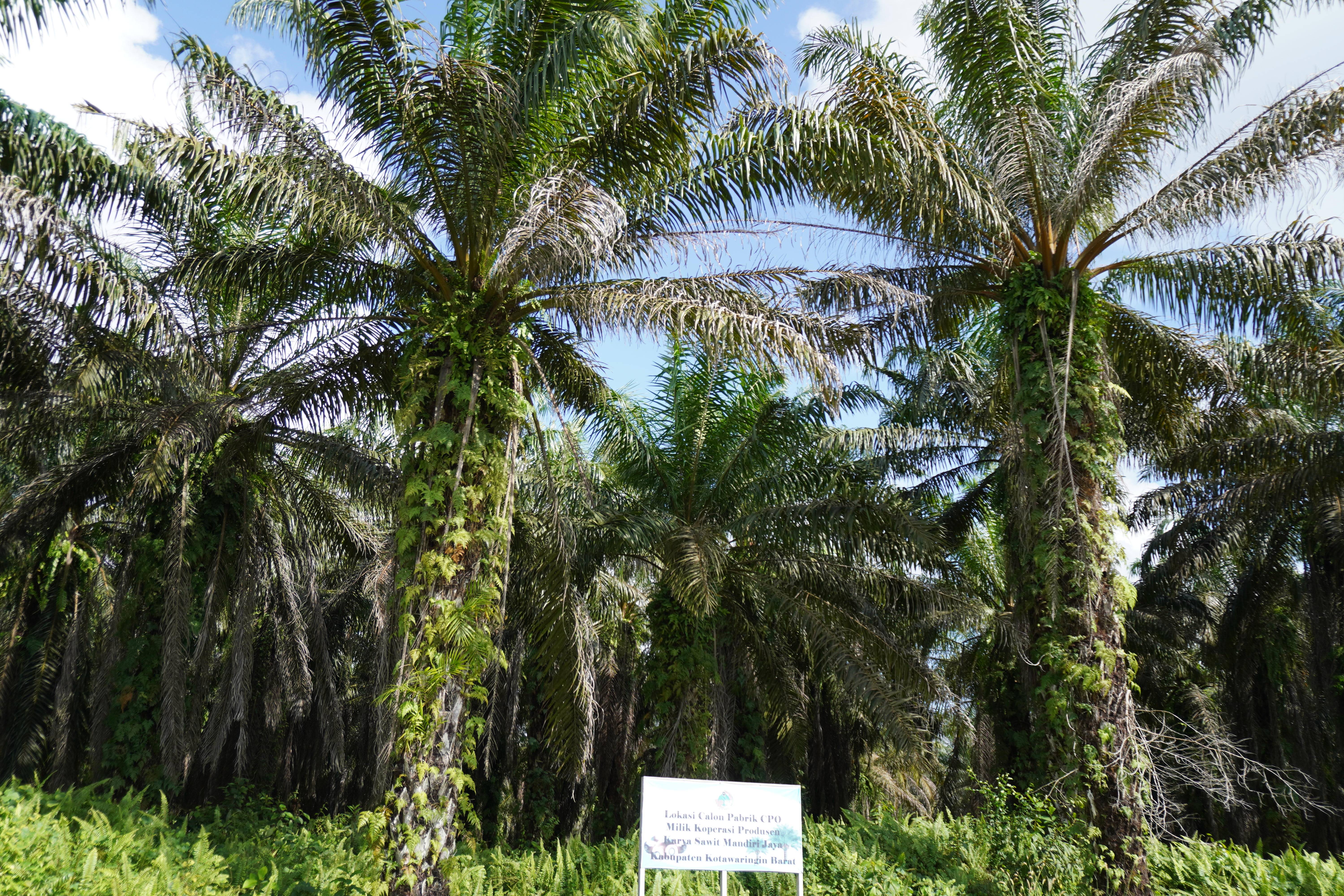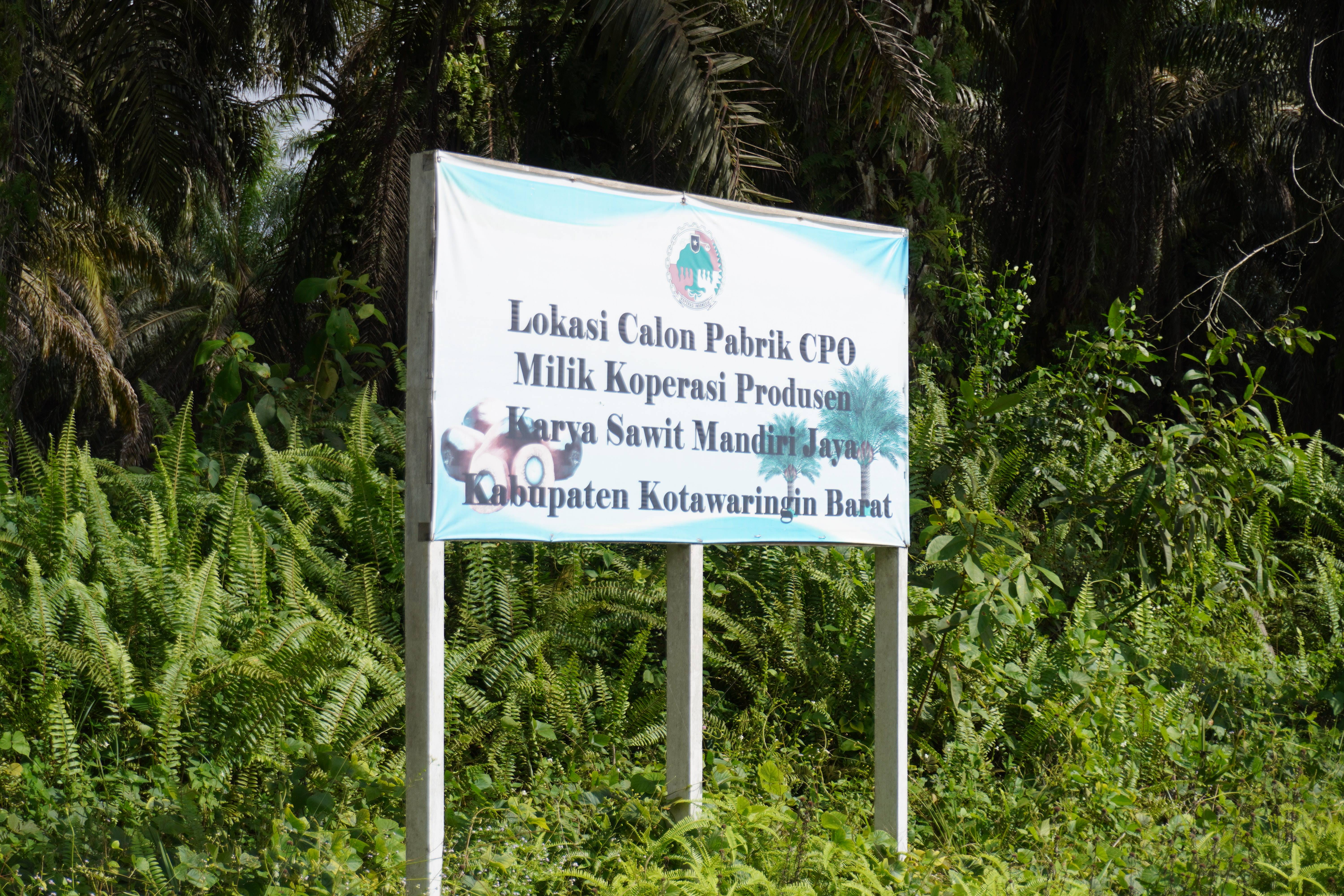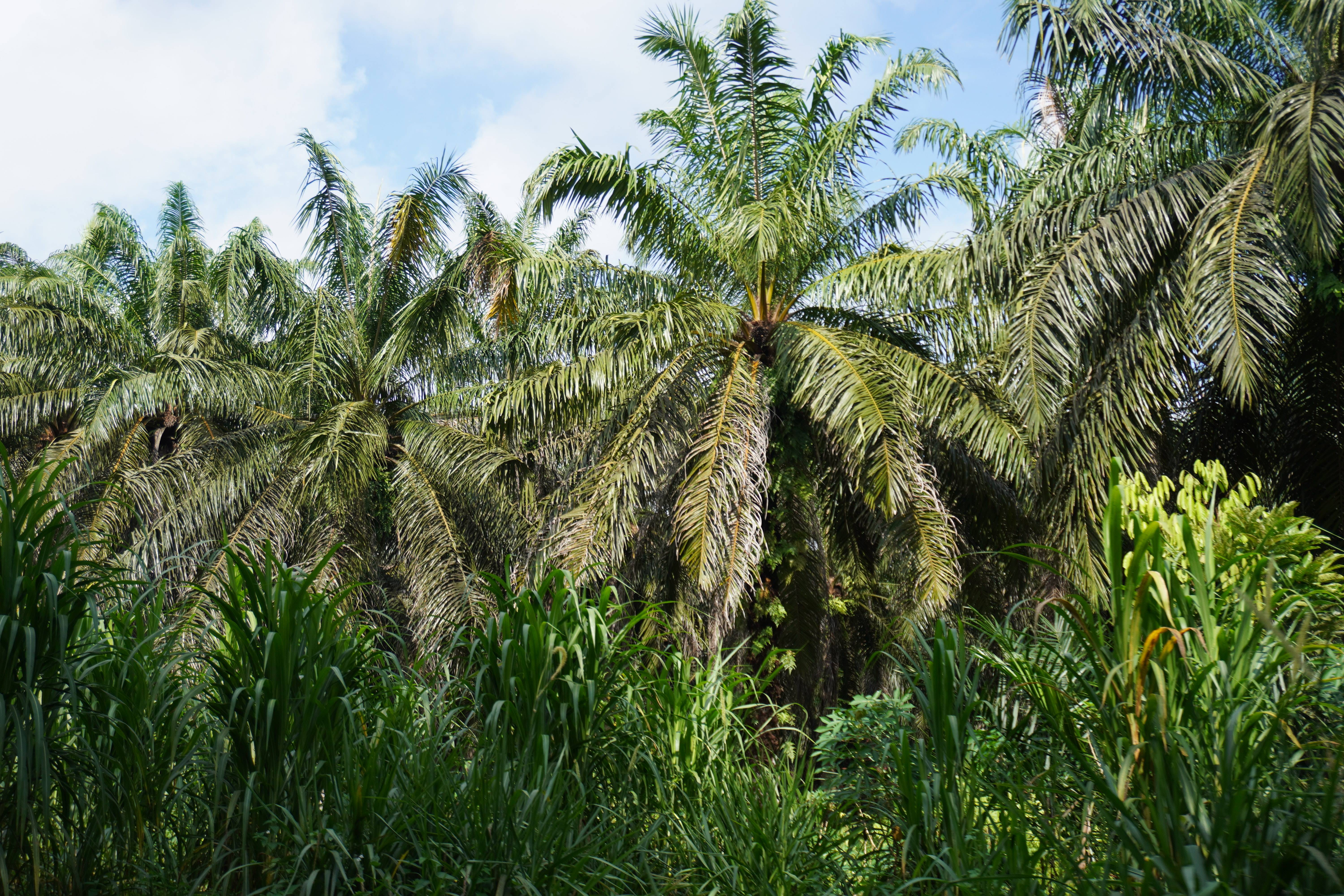
The Challenge
PALMSTEP will be implemented to ensure that the palm oil value chain in Kotawaringin Barat District, Central Kalimantan, Indonesia, is both sustainable and traceable. The project aims to enhance the environmental, social, and economic sustainability of palm oil production, which plays a significant role in Indonesia’s economy. It is crucial to ensure that palm oil is produced responsibly, does not contribute to deforestation, and provides stable livelihoods for smallholder farmers.
The project also seeks to strengthen the newly established secondary palm oil cooperative, Koperasi Karya Sawit Mandiri Jaya (KSMJ), by supporting its adoption of sustainability practices in its business strategy and operations. Additionally, PALMSTEP will help improve the cooperative’s position in the value chain through stronger market linkages and policy engagement.
Overall, the project focuses on supporting smallholder palm oil farmers and their cooperatives in Central Kalimantan to comply with sustainable standards, while also assisting the district government in aligning its policies and operations with sustainability and traceability standards for palm oil.
The Objectives
Palm oil smallholder farmers in Kotawaringin Barat District, Central Kalimantan, play an important role in developing a sustainable and traceable palm oil value chain. By organizing through a cooperative business model, they are able to consistently invest in sustainability initiatives and practices. These smallholder farmers follow sustainability and traceability standards aligned with the Indonesian Sustainable Palm Oil (ISPO) and Roundtable on Sustainable Palm Oil (RSPO) frameworks. The secondary palm oil cooperative, Koperasi Karya Sawit Mandiri Jaya (KSMJ), has integrated these principles into its business operations, strengthening its position in the value chain. At the same time, district-level policies in Kotawaringin Barat are aligned with sustainability and traceability goals, reinforcing the region’s commitment to responsible palm oil production.
The Way Forward
Empowering Smallholder Farmers
- Farmers will gain increased knowledge and technical capacity to implement sustainability and traceability practices in palm oil cultivation.
- Smallholders will be equipped with the necessary skills and support to apply for ISPO and RSPO certification, enhancing compliance with sustainability standards.
Strengthening Cooperative Governance and Market Access
- The secondary palm oil cooperative, KSMJ, will improve its governance structure, ensuring more effective decision-making and management.
- Operational procedures within KSMJ will be aligned with sustainability and traceability standards, strengthening its role in the value chain.
- The cooperative will enhance its ability to access markets and engage with key value chain support actors, securing better economic opportunities for its members.
- KSMJ will develop the capacity to influence policymakers and other relevant stakeholders, advocating for policies that support sustainable palm oil production.
Enhancing Policy and Institutional Capacity
- District government officials will gain increased awareness and skills to identify and address policy gaps related to sustainability and traceability in the palm oil sector.
Relation to European Green Deal, Circular Economy and Climate Change
The project aligns with the objectives of the EU Green Deal, particularly in the areas of Sustainable Food and Preserving Biodiversity. It aims to increase the productivity of smallholder farmers through sustainable farming practices by providing Good Agricultural Practices (GAP) training, while also protecting biodiversity through training on High Conservation Values (HCV) and High Carbon Stock (HCS) approaches.

